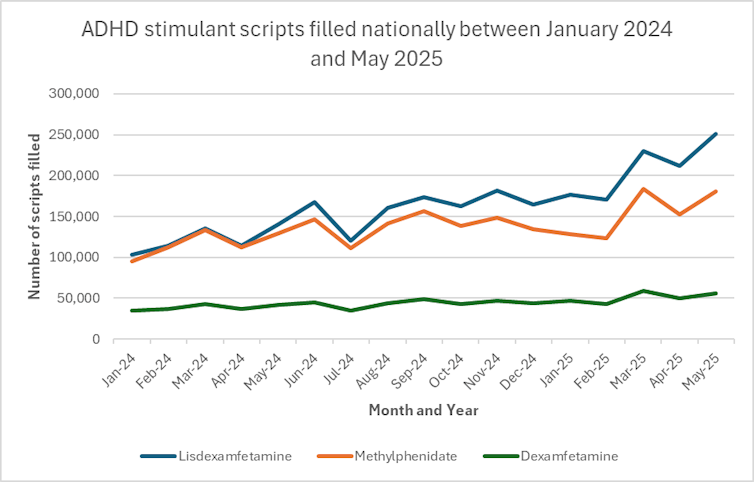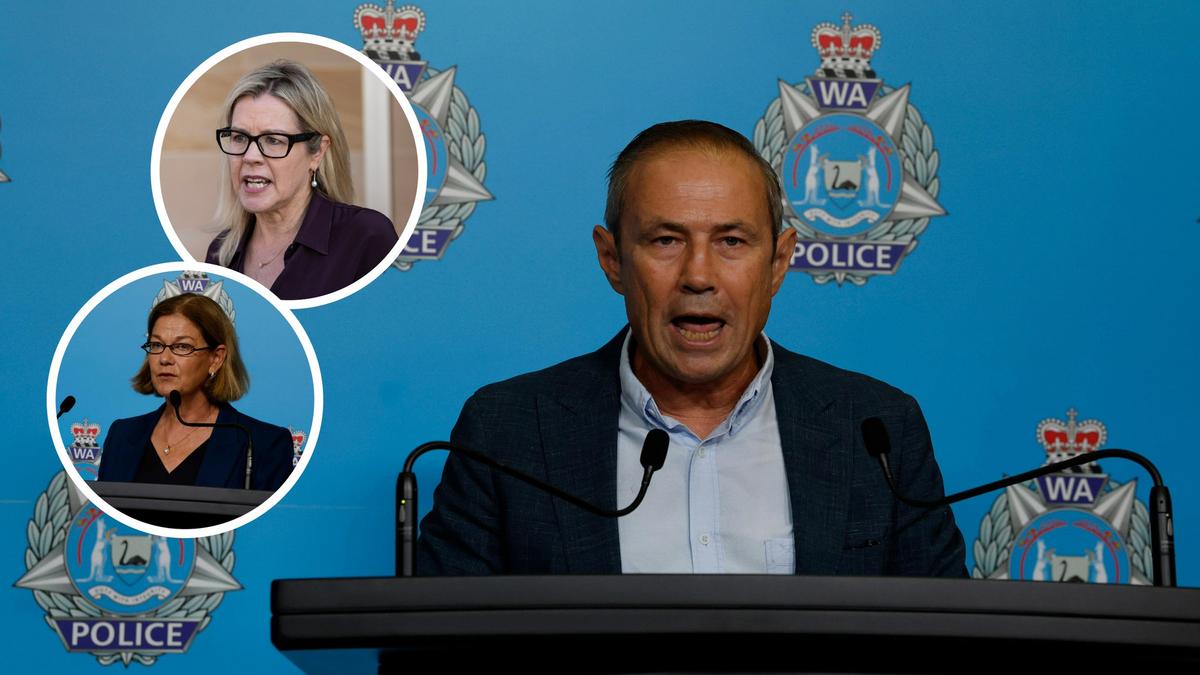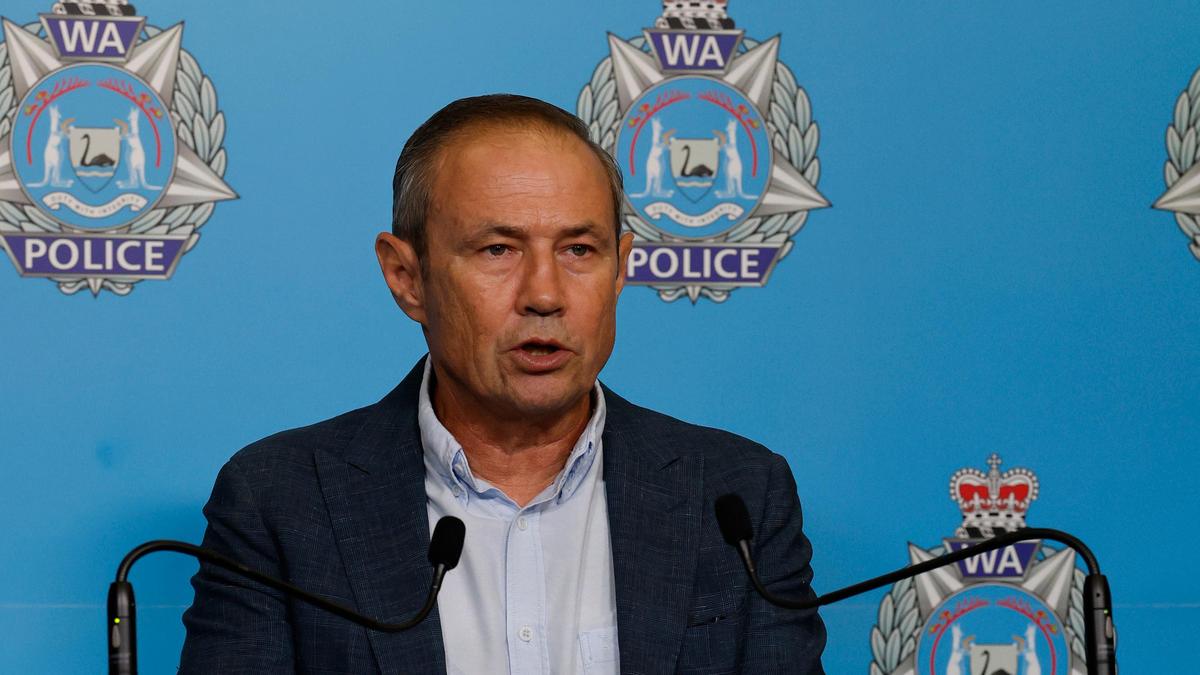
The demand for medication to treat Attention-deficit hyperactivity disorder (ADHD) is rising sharply in Australia, yet many patients are struggling to fill their prescriptions. There is currently a nationwide shortage of methylphenidate, commonly sold under the brand names Concerta and Ritalin. This situation has persisted since 2023 and is now affecting an increasing number of individuals diagnosed with ADHD.
Patients are facing significant challenges as they attempt to locate their medications. Many are forced to call multiple pharmacies in search of their prescribed drugs or find themselves added to waiting lists. Some even need to consult their healthcare providers for new prescriptions. Additionally, patients may need to switch between different strengths or brands of medication, which can lead to inconsistent symptom management and increased side effects.
The impact of these shortages extends beyond individual health. Many people with ADHD have reported skipping doses or being unable to access medications entirely, making it difficult to concentrate, stay organized, and manage their emotions. Furthermore, disparities in access to medications are exacerbating inequalities, particularly affecting those in rural areas with fewer pharmacies and individuals with limited financial resources.
Access to Diagnosis and Treatment
Statistics indicate that around 8% of children and 2.5% of adults in Australia have been diagnosed with ADHD, a condition that complicates focus, impulse control, and emotional regulation. For many, medication plays a crucial role in managing these symptoms.
Historically, obtaining a diagnosis has required consultations with specialists such as psychiatrists or pediatricians. However, starting in September 2023, general practitioners (GPs) in New South Wales (NSW) will be permitted to continue prescribing ADHD medications without specialist approval. This change is set to expand in 2026 to GPs in South Australia and Western Australia. Despite these advancements, ongoing medication shortages pose a significant barrier to treatment.
Reasons for Medication Shortages
The current shortages of ADHD medications are largely attributed to manufacturing issues, including difficulties in sourcing raw materials and production quotas in the United States. When one brand experiences shortages, it places additional pressure on others, creating a cascading effect throughout the supply chain.
Data from 2022-2023 reveals that nearly 470,000 Australians were prescribed ADHD medications, a fourfold increase compared to nine years earlier. From January 2024 to May 2025, the number of prescriptions filled surged further, with increases of 60% for dexamfetamine, 88% for methylphenidate, and 140% for lisdexamfetamine.
Shortages are impacting various strengths and brands of methylphenidate, including both long-acting and short-acting types, and are expected to persist into late 2025. The tightly controlled nature of stimulant medications complicates the situation, with pharmacies often limited to supplying only one month’s worth of medication at a time. In NSW, for example, patients must fill their prescriptions at the same pharmacy, restricting their options even if other pharmacies have stock available.
In response to the shortage, NSW Health has temporarily allowed pharmacies to transfer paper prescriptions to other pharmacists that have available stock. This measure is intended to provide some relief, though regulations vary across states. In contrast, states like Victoria and South Australia enable patients to check the availability of medications at multiple pharmacies.
Regulatory Actions and Recommendations
The Therapeutic Goods Administration (TGA), Australia’s national medicines regulator, has established the Medicine Shortage Action Groups to address the methylphenidate shortage. This group comprises members from health professional organizations and will provide guidance to healthcare professionals while creating resources for affected patients and their families.
Recently, the TGA approved the temporary use of certain overseas brands of methylphenidate, some of which are now listed on the Pharmaceutical Benefits Scheme, making them available at subsidized prices. The Royal Australasian College of Physicians has advocated for advance warning about shortages to allow doctors to switch patients to alternative medications proactively.
If patients find it challenging to fill their ADHD prescriptions, there are several steps they can take. They should first consult their pharmacist, who may suggest alternative brands or order overseas-registered options. Engaging with a GP, psychiatrist, or pediatrician may also help in adjusting dosages or exploring non-stimulant medication alternatives.
Patients are encouraged to check the TGA’s Medicine Shortage Reports Database for updates on medication availability. When contacting pharmacies, it is advisable to call during mid-morning hours to avoid peak traffic and specify the exact medication, strength, and brand needed. Keeping a list of pharmacies can be especially useful for rural residents, and in some cases, pharmacies may be willing to courier medications.
As the medication shortage continues, the experiences of patients highlight the urgent need for effective solutions to ensure access to ADHD treatments across Australia.







